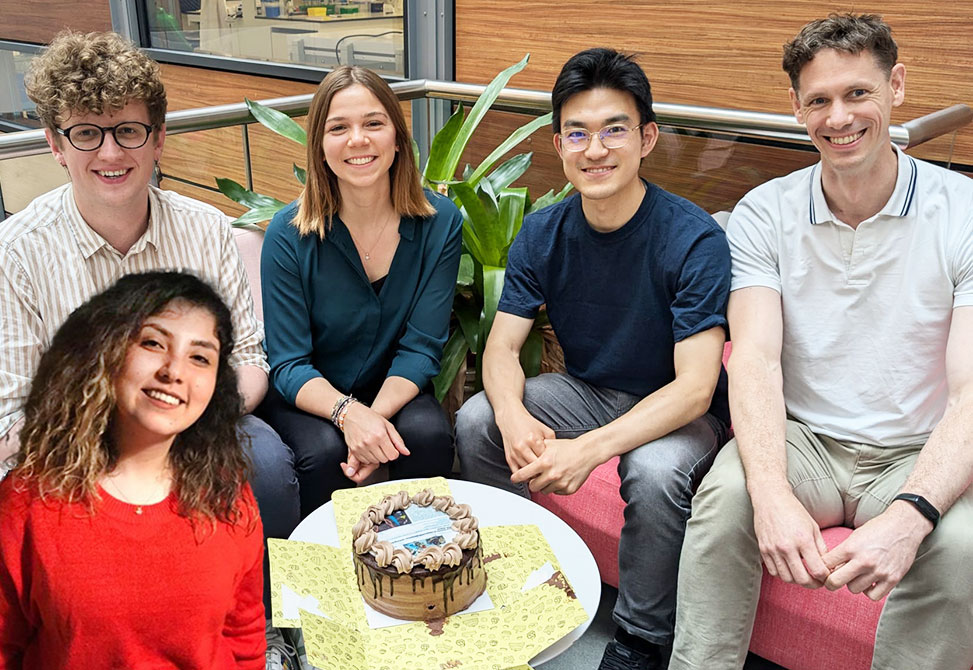Defining the Limits
Reflecting work in the Jongkees Lab
Messenger RNA, mRNA, display is being increasingly adopted for peptide drug candidate discovery. While many conditions have been reported for the affinity enrichment step and in some cases for peptide modification, there is still limited understanding about the versatility of peptide—puromycin—mRNA/cDNA, complementary DNA, complexes.
In work published in Chemistry an Asian Journal, members of the Jongkees Group at the Vrije Universiteit in Amsterdam, explore the chemical stability of mRNA/cDNA hybrid complexes under a range of different fundamental chemical conditions as well as with peptide modification conditions reported in an mRNA display setting. Furthermore, they compare the stability of full complexes originating from two different mRNA display systems, RaPID and cDNA-TRAP.
Overall, these complexes were found to be stable under a broad range of conditions, with some edge conditions benefitting from encoding directly in cDNA rather than mRNA. This should allow for more and broader exploitation of late-stage peptide modification chemistry in mRNA display, with confidence regarding the stability of encoding, and potentially better hit-finding campaigns as a result.
 Article authors celebrate publication of their work.
Article authors celebrate publication of their work.

